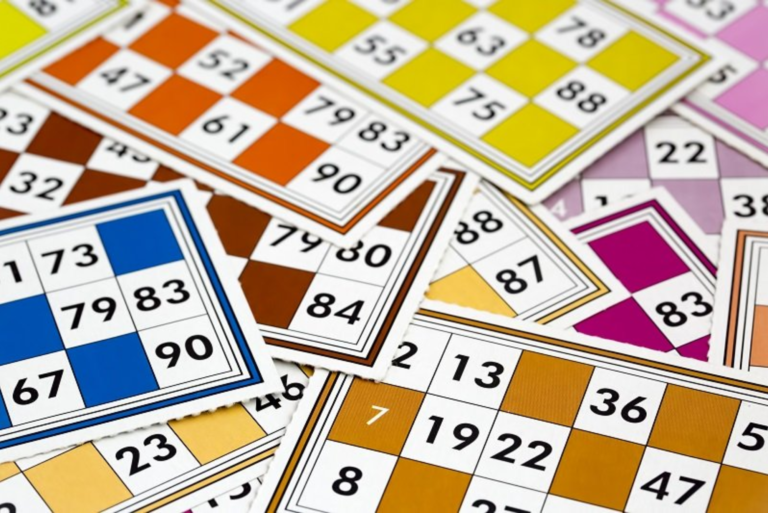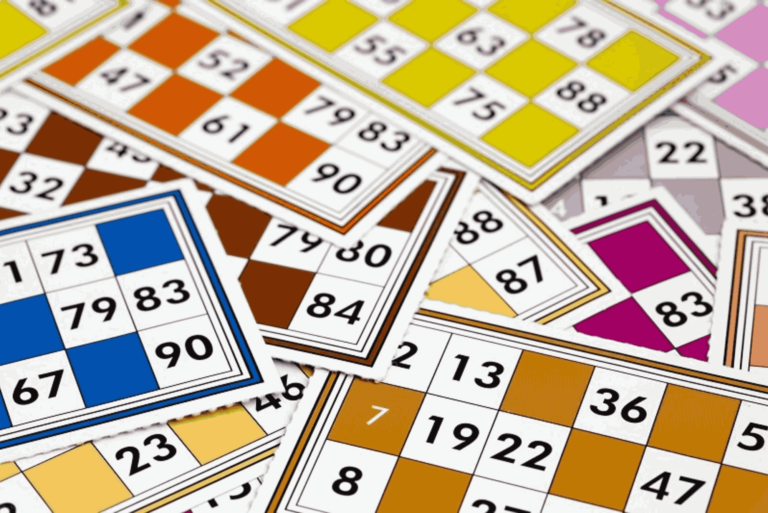Poker is a popular card game that combines skill, strategy, and luck. Originating in the early 19th century in the United States, it has since become a global phenomenon. Players aim to create the best possible hand using a combination of their cards and community cards, with the ultimate goal of winning chips or money from their opponents.
Basic Rules of Poker
The objective of poker is to win the pot, which is the sum of bets made by all players in a hand. Players are dealt a set number of cards, and they bet in rounds, with the highest-ranking hand winning the pot. The hierarchy of poker hands, from highest to lowest, includes the Royal Flush, Straight Flush, Four of a Kind, Full House, Flush, Straight, Three of a Kind, Two Pair, One Pair, and High Card.
Types of Poker Games
There are several variants of poker, each with unique rules and strategies. Texas Hold’em is the most popular, followed by Omaha and Seven-Card Stud. Each variant offers a different level of complexity and excitement, catering to various skill levels and preferences.
Poker Strategies
Successful poker players employ a range of strategies. Basic strategies include understanding hand rankings and knowing when to bet, call, or fold. Advanced strategies involve reading opponents, bluffing effectively, and managing one’s bankroll. Mastering these strategies can significantly increase a player’s chances of winning.
Online Poker
The advent of the internet has revolutionized poker, making it accessible to a broader audience through online platforms. Online poker offers convenience, a variety of games, and the opportunity to play against opponents worldwide. Poki car games, a category of casual online games, provide a fun and engaging way to practice poker skills without the pressure of real-money play.
Poker Tournaments
Poker tournaments are a significant aspect of the game, offering large prizes and a platform for players to showcase their skills. Major tournaments, such as the World Series of Poker (WSOP), attract thousands of players and offer substantial rewards. Participating in these tournaments requires a combination of skill, strategy, and endurance.
Entertainment Value of Poker
Poker is not just about winning money; it also provides substantial Entertainment value. The social aspect of poker is a significant draw, as it allows players to interact and compete in a friendly environment. Additionally, poker has a notable presence in pop culture, appearing in movies, TV shows, and literature, further enhancing its appeal as a recreational activity.
Poker is a game that offers excitement, strategic depth, and social interaction. Whether you’re a beginner or an experienced player, there’s always something new to learn and enjoy. So, why not give it a try and see where the game of poker can take you?











